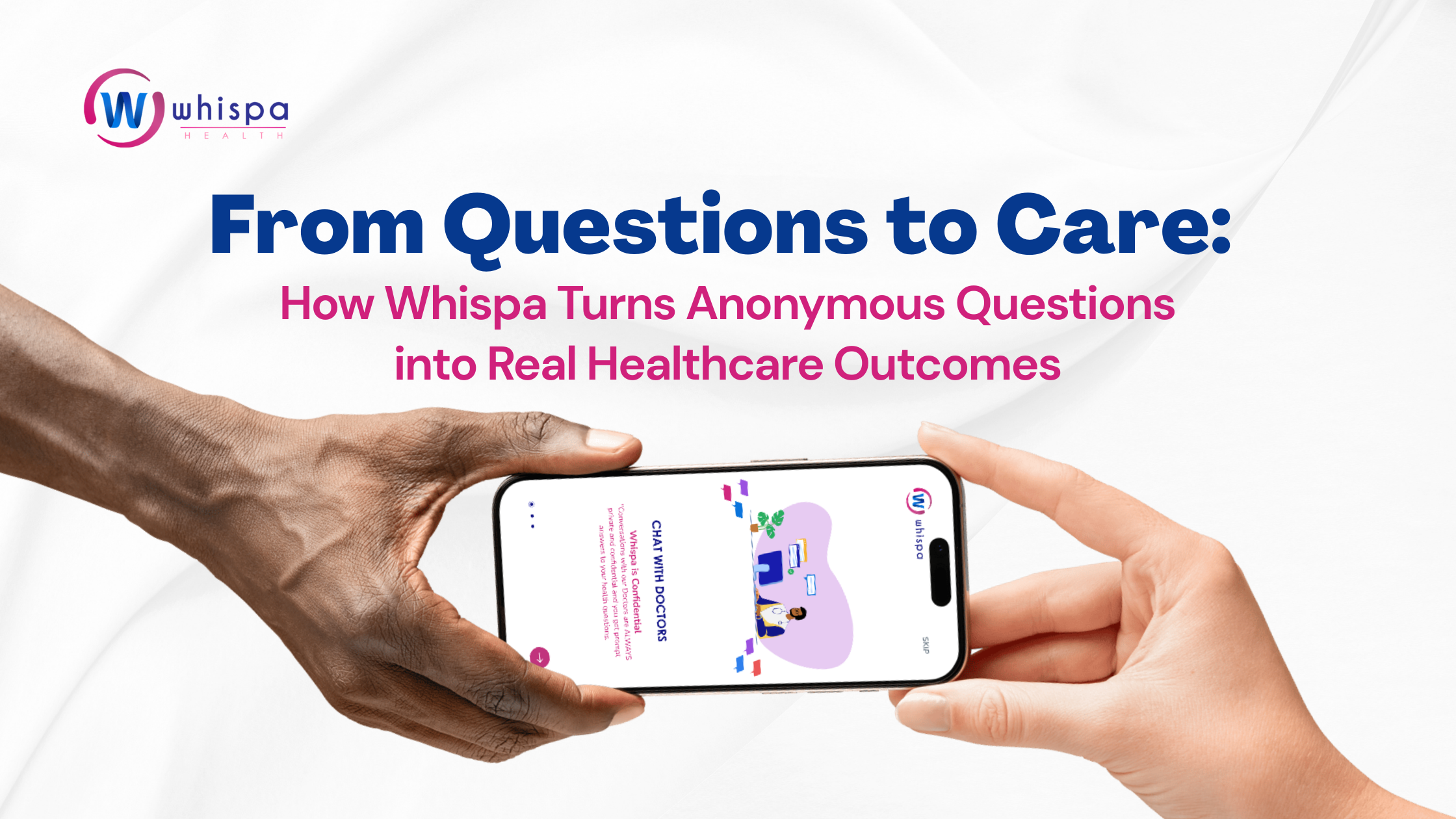On those activity-filled days such as; a friend’s wedding, or a day at the beach, maybe you’re planning a friend’s bridal shower soon, or perhaps you just want to know when to pack a pad or tampon in your suitcase so that your menstrual cycle won’t catch you off guard.
Calculating your menstrual cycle is a simple task that can tell you a lot about your body. By looking at the number of days between the start of your periods, you can get a better idea of when you are most fertile and your overall reproductive health.
Here is how to go about it.
Calculating your Menstrual Cycle
You must understand how to keep track of your cycle in order to calculate your menstrual cycle.
Don’t Fret. It’s not that complicated. To learn how to count your period cycle days and determine the average duration of your menstrual cycle, you only need to record the beginning of your period on a calendar for a few months.
How to count the days in your menstrual cycle
This is how it goes. On the calendar, note the start of your menstruation. Day 1 of your menstrual cycle is the day when your period begins. Start counting on the first day of your menstruation.
The final day of your menstrual cycle is the day before your subsequent menstruation. You then stop keeping count. You had your period for so many days in that particular month. Your cycle would have been 27 days long if, for example, your period arrived on June 5 and your next period arrived on July 2.
Calculating your average menstrual cycle length
After a few months of doing this, you’ll be able to calculate your average cycle length and learn how to count the days in your period cycle.
Add up the number of days in each cycle to do this. Divide this amount by the number of cycles since you started counting, or the number of times you’ve had your period. This will provide your average cycle duration, or the typical number of days between periods.
Read Also: Breakthrough Bleeding: Why it happens & When to talk to your Doctor
How to know when your next period is due
Now, it’s simple as pie to predict when your next period will arrive. Simply count out the average number of days between your periods (also known as your average cycle length that you estimated) beginning on the first day of your most recent period, and that will tell you the anticipated start date of your subsequent period.
Awesome! You now understand how to determine your cycle. Although predicting when your period will arrive is not an exact science, understanding how to calculate your menstrual cycle will help you get a fair estimate.
Watch your flow
Very heavy menstrual flows can be an indication of other problems. It may even lead to its own problems, such as anemia and lethargy. While you track your menstrual cycle, keep an eye on what days your flow is heavy, normal, and light. In most cases, you don’t need to measure the quantity of blood. Instead, estimate by looking at what type of menstrual products you are using (super tampons, regular pads, etc.) and how often you need to change out those products.
You might not get your period every month. In reality, it’s very normal for your period to be irregular when you first start menstruation. Keep recording as it could take your body up to a year or two to get into a routine.
Be observant
Note changes in your mood, energy, and body prior to and during your menstrual cycle. PMS and PMDD can do anything from make you a little cranky to make it difficult to function. Knowing when these symptoms are most likely to hit can help you better plan and cope. Take note of any extreme mood changes, changes in energy level and appetite, and physical symptoms such as headaches, cramps, and breast tenderness in the days leading up to and during your cycle
Conclusion
Did all of this give you a little bit of a headache? Not to worry. By starting a chat with a doctor on the Whispa App, you may learn more information about your menstrual cycle.
Tracking your flow, your symptoms, and any irregularities in your cycle can help you get more in tune with your body, and provide you with warnings of possible medical complications.







